Mental health gets far less attention in the nutrition / plant-based community than it deserves. Nearly all of the focus is on how we can treat our physical conditions. People use plant-based diets to reverse heart disease and diabetes and obesity… but what about mental health?
Moving forward, I want to incorporate more content that addresses this issue because, what good are all the antioxidants and soluble fiber if you’re unwell because other areas of your lifestyle are out of balance? Health is so much more than just low cholesterol and a normal BMI.
31% of Americans will experience an anxiety disorder at some point (not far behind the percentage who will develop diabetes or heart disease). That got me curious – is there any evidence that we can apply those same nutritional and lifestyle principles to treating mental health disorders just as we can to, say, lowering cholesterol?
Amazingly, I’m discovering that the answer is totally, 100%, yes.
My Story
Personally, I’m thankful that I don’t suffer from a major generalized anxiety or panic disorder. 99% of the time, anxiety isn’t a major factor in my experience. Nevertheless, there have been moments where a stressful event happens, it’s out of my control, and it begins to grow into greater feelings of anxiety.
Something like that happened recently. It started with the somewhat trivial event of new neighbors moving into the condo above mine and making an incredible amount of noise in my ceiling at all hours of the day and night. It was 120º outside in California with hazardous air quality from all the fires and the pandemic has every indoor space closed. I began to feel very trapped, I wasn’t sleeping well with the noise, and I became very mentally & physically drained from all the distress.
Because I wasn’t able to immediately resolve the issue and find balance, it began to spiral. A day or two into these feelings, my mind felt depleted and overwhelmed, like the neurons were misfiring and nothing was working. It started to become less about the specific issue and more like generalized feelings of anxiety and distress.
Then, something pretty crazy happened. About 48 hours into it, I did this “one simple thing” (we’ll get to that) which restored balance in my mind almost immediately. My brain felt revived and stable, and the feelings of anxiety went from a 9 to a 3 in a matter of minutes.
The effect was so powerful, it sent me on a weeks-long deep dive into this subject of natural techniques to treat anxiety. What works? What doesn’t? Was my experience a placebo? It turns out, there’s some really fascinating research behind these questions.
In this article, I want to talk specifically about anxiety and share a whole toolkit of natural techniques to reduce anxiety – often as good as the leading drugs and without the side effects. Each one of these has worked for me personally, but also has solid science backing it up too.
1. Magnesium
In the story above, magnesium was that “one simple thing” that quickly restored my balance. In fact, magnesium has become a bit of an obsession because there is so much intriguing research behind it. I’ll quickly recap what I’ve learned.
In my case, as I was really distraught about the noise, etc. that evening, I remembered that I had this product called CALM, which is basically just powdered magnesium, I don’t know why it was in my cupboard, but I figured I could really use some CALM right about then (!) so I mixed half a teaspoon with water as directed and it was an immediate effect. For the first time in days, I felt like I was able to cope. I took another 1/2 teaspoon before bed that night and it was like a muscle relaxer. I was so chill and finally slept well.
Wait, what?!
My first thought was, “this has got to be a placebo effect” and my second thought was, “I eat a plant based diet, I get tons of magnesium so I couldn’t be deficient.” It turns out, both of those thoughts might have been wrong…
Magnesium is ESSENTIAL. It is used to regulate over 400 processes in our bodies, and one of those functions is regulating the synapses between our neurons. From a great article in Psychology Today:
“Magnesium hangs out in the synapse between two neurons along with calcium and glutamate. … Magnesium can sit on the NMDA receptor without activating it, like a guard at the gate. Therefore, if we are deficient in magnesium, there’s no guard. Calcium and glutamate can activate the receptor like there is no tomorrow.”
“In addition, magnesium can act at the blood brain barrier to prevent the entrance of stress hormones into the brain. All these reasons are why I call magnesium ‘the original chill pill.’”
In other words, magnesium sits around in our brains like the zen master telling all the anxious neurons to take a deep breath. But (this is key) there are situations in which the zen master gets flushed out of our brains, leaving everyone else to start panicking. How? Stress:
“Magnesium is sequestered and wasted via the urine in times of stress. I’m speculating here, but in a hunter-gatherer immediate stress sort of situation, maybe we needed our neurons to fire on all cylinders and our stress hormones to rock and roll through the body in order for us to survive.”
Notice how this is a vicious cycle. The more stressed we get, the more magnesium we lose. The more magnesium we lose, the more powerful the stress hormones become. On those rare episodes where I feel genuine anxiety, this is EXACTLY what it feels like. It’s a cycle where the stress makes me less capable of handling the stress until my brain is fried.
To me, that suggests that even if you’re eating enough magnesium through grains, beans, seeds, etc. your brain may still end up deficient in the sort term while experiencing acute anxiety. That may be why taking a dose of a magnesium supplement like I did was so effective – it may have flooded my brain with the magnesium it had lost and everything was good.
Isn’t that crazy?!
If you’d like to try it, any powdered magnesium should work, but the CALM brand is a great option because it is made from a highly absorbable type of magnesium. It works well and has a nice flavor. A word of warning though – start out with small doses of less than 75 mg once or twice a day and slowly build up – excess magnesium can cause stomach upset and diarrhea if you jump in too quickly.
2. B-Complex Vitamins
There was one other time, many years ago, when I felt anxiety similar to this recent event. After feeling terrible for days, I happened to take a B-complex vitamin one afternoon. Just like the magnesium experience, it immediately brought my brain back online and restored my ability to cope.
Ever since then, I have been taking the same brand of Emerald Labs B-Healthy vitamins almost every day. I tried taking cheaper ones, but they have never been as effective as this food-based, highly-absorbable brand. When I miss a few days, it’s immediately noticeable. Little things aggravate me much more easily and my overall mental state is worsened.
There is tons of research to back up my own experience.
- This review concludes: “This present review provides evidence that B group vitamin supplementation (either alone or with a multivitamin) may also benefit mood in healthy and at-risk individuals.”
- And this one: “Micronutrient supplementation has a beneficial effect on perceived stress, mild psychiatric symptoms, and aspects of everyday mood in apparently healthy individuals. Supplements containing high doses of B vitamins may be more effective in improving mood states.”
I won’t get too deep into the weeds, but it seems that several of the B vitamins (B6, folate) are helpful in reducing stress. What’s REALLY fascinating is the way B vitamins work in conjunction with magnesium. By taking both, the effects of each seem to be enhanced.
[Aside: I don’t know if any researchers have ever looked into this, but I would guess there’s some deep connection between magnesium and B vitamins. They’re both found in the same foods (grains, greens, beans) and they both have similar proven effects on stress responses through the same pathways…]
With B12 supplementation being essential anyways on a vegan diet, taking a good quality B Complex vitamin is a simple way to knock down the effects of anxiety.
3. Lavender
Lavender snake oil essential oil is something I had no experience with before researching this article. Then I saw this insane video from Dr. Greger on Lavender:
Just look at this chart comparing anxiety scores of lavender treatment vs the leading anti-anxiety medication!
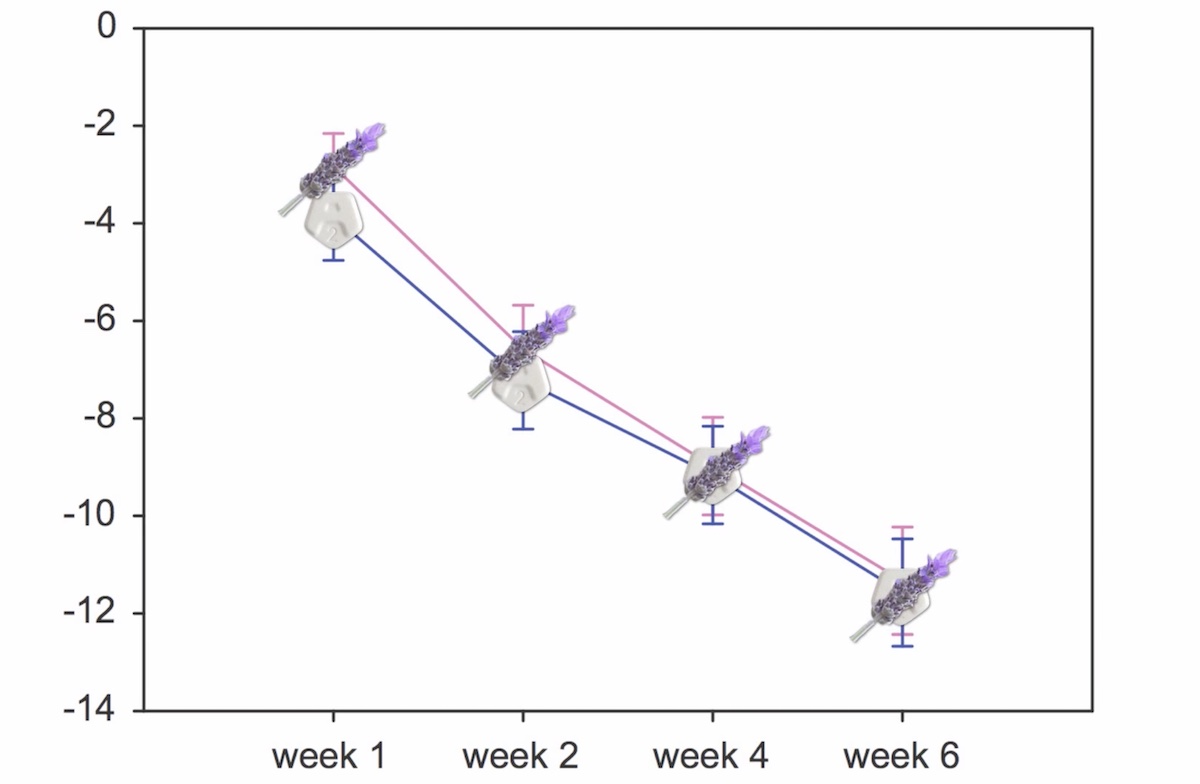
I think they actually ingested the lavender in this study (not recommended for essential oil) but other studies have shown similar effects with merely inhaling the essential oil (like through a diffuser).
Naturally, I ran out to get some lavender essential oil so that I could test it for this article and… it works! Just inhaling from the bottle a few times while meditating or diffusing it in my bedroom in the evening has a pronounced calming effect. It has been so effective that I have actually continued to incorporate it into my routine. At $7 for a bottle that will last forever, it may be worth a shot.
4. Meditation
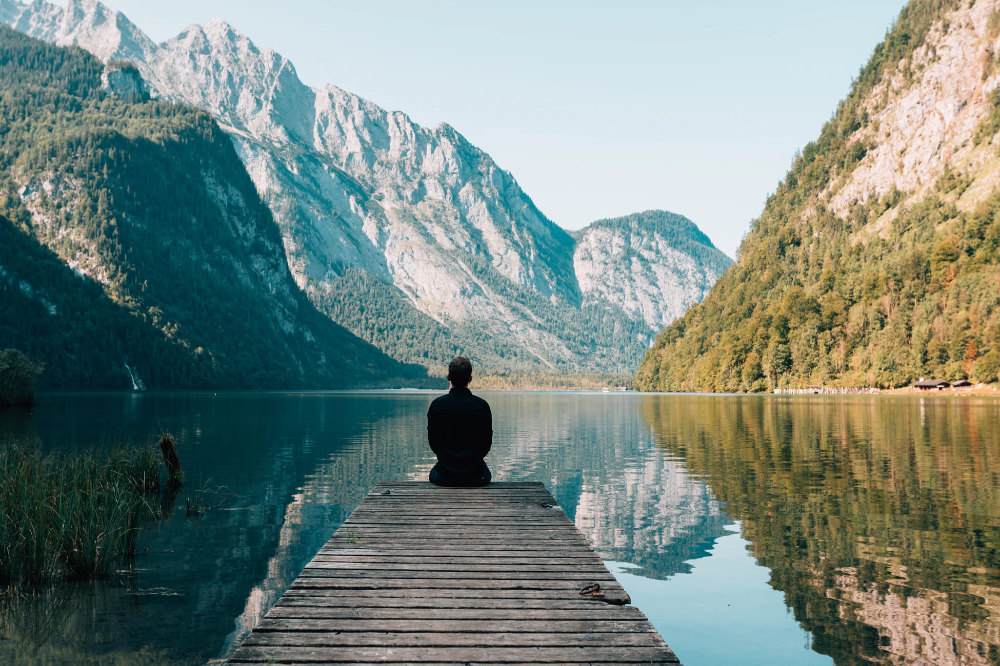
Meditation changes your brain. It literally alters the size and activity of different parts of your brain. It quiets the parts responsible for activating stress (amygdala) and strengthens the parts that activate self control and awareness (pre-frontal cortex).
Obviously, there has been a TON of research done on meditation and mental health and we don’t need to recap them all. However, one such study concluded: “By tying together the neurobiological effects of neurotransmitters, brain waves, mental exercise and the empirical evidence from the psychological experiments, it is evident that meditation is an effective treatment for anxiety, and it does not suffer from any side effects.”
Now, I understand – the thought of sitting down to be still and present with anxious thoughts/feelings might not seem like fun, but it can be an immensely powerful tool to achieve greater control over your anxiety in the short term by calming down your mind, and also in the long term by creating structural changes in your brain.
It may not be for everyone, but meditation is so powerful that it should be the first line of defense to treat and prevent symptoms of anxiety for many people.
But, HOW should you meditate? From what I’ve seen, all the studies that report positive effects of meditation use a different technique. Transcendental, Vipassana, Zazen, general breath control, mantra, etc. etc. This suggests to me that any type of activity that requires you to sit up quietly with a focus on a single object like your breathing for at least 15 minutes per day should be effective. You can pick whichever type resonates with you.
5. Exercise

I think we all know by now that exercise is extremely important for our mental health. With anxiety in particular, one obvious theory is that we’re experiencing a primal feeling that something deadly like a lion is chasing us and we need to run. So, go run! 🙂
It really, really works. There’s nothing worse than feeling anxious and just sitting there letting it consume you. Moving your body in intense exercise, whether running, cycling, swimming, rowing, HIIT, or strength training is absolutely necessary if you’re experiencing anxiety.
In fact, I find myself somewhat less emotionally stable on days when I cannot run due to injury or even just my weekly rest day. Exercise is a truly essential part of an anti-anxiety lifestyle.
I don’t think I need to even provide research on this one, but here’s just a few details if you’d like to dig deeper:
- Effects of exercise on anxiety, depression and mood
- Exercise for anxiety disorders: systematic review
- Depression and anxiety: Exercise eases symptoms
6. A Plant-Based Diet!

The way food affects mood is remarkable. As this article explains, when study participants ate 7-8 servings of vegetables per day, they reported feeling calmer, happier and more energetic than normal.
What’s really fascinating is that a healthy, plant-based diet seems to improve our mood through countless mechanisms. A simple explanation is that we are getting more magnesium, B vitamins and other nutrients (see above), but there are theories about antioxidants, ones about “enzyme inhibitors” and of course the anti-inflammatory benefits on brain health. For our purposes, it doesn’t really matter what the mechanisms are, all we need to know is that it works.
Overall – we can sum up the benefits of a nutrient-dense, plant-based diet on mood with this quote: “the most comprehensive controlled trial of diet and mood finds that a plant-based nutrition program in a workplace setting across ten corporate sites significantly improves depression, anxiety, and productivity.” (via NutritionFacts.org).
As if we needed yet another reason to go all-in on an unprocessed One Ingredient style of eating – it makes us less anxious, less depressed, more productive and happier!
My Story, Part 2
Ever since that stressful event several weeks ago, I have been actively using all of the tools I detailed above and each of them has helped me find more stability – sometimes in really pronounced ways. The original neighbor situation is improved, but not completely. There’s still some uncertainty and moments of anxiety, but using all of these tools in conjunction has been powerfully effective.
Of course, it is important to remember that a drop of lavender oil or another serving of broccoli will not magically fix the difficult situations in our lives. Things won’t ever be perfect and we will never be free of negative emotions or bad moods – that’s not the point! If we cut off our ability to feel negativity, we would miss so much of our humanity and opportunities to grow.
In my example, that experience has been a blessing in disguise because it has totally refocused my energy on leveling up my own ability to cope with difficult situations and emotions. It has also opened my eyes to new possibilities and allowed me to grow in new ways.
To that point, you may have noticed that I promised 7 techniques and only listed 6 so far. That’s because the final technique is… gratitude. No matter what’s going on, there is always something good to appreciate in our lives. And, we can even feel gratitude for the difficult conditions because they make us stronger, kinder human beings with a richer depth of experience.
For me, this has been the single most effective technique for combating anxiety or any negative emotion. Whenever I can reach a state of appreciation on any subject, feelings of anxiety subside and my mood improves. It’s like appreciation is the light that overpowers any darker energies.
Amazingly, there is actually scientific research on gratitude suggesting that it does ease the effects of anxiety!
To conclude, I’ll leave you with Rumi’s famous “guest house” poem (translated by Coleman Barks) that has always helped me find perspective in tough times and may help you as well:
This being human is a guest house.
Every morning a new arrival.
A joy, a depression, a meanness,
some momentary awareness comes
as an unexpected visitor.
Welcome and entertain them all!
Even if they’re a crowd of sorrows,
who violently sweep your house
empty of its furniture,
still, treat each guest honorably.
He may be clearing you out
for some new delight.
The dark thought, the shame, the malice,
meet them at the door laughing,
and invite them in.
Be grateful for whoever comes,
because each has been sent
as a guide from beyond.

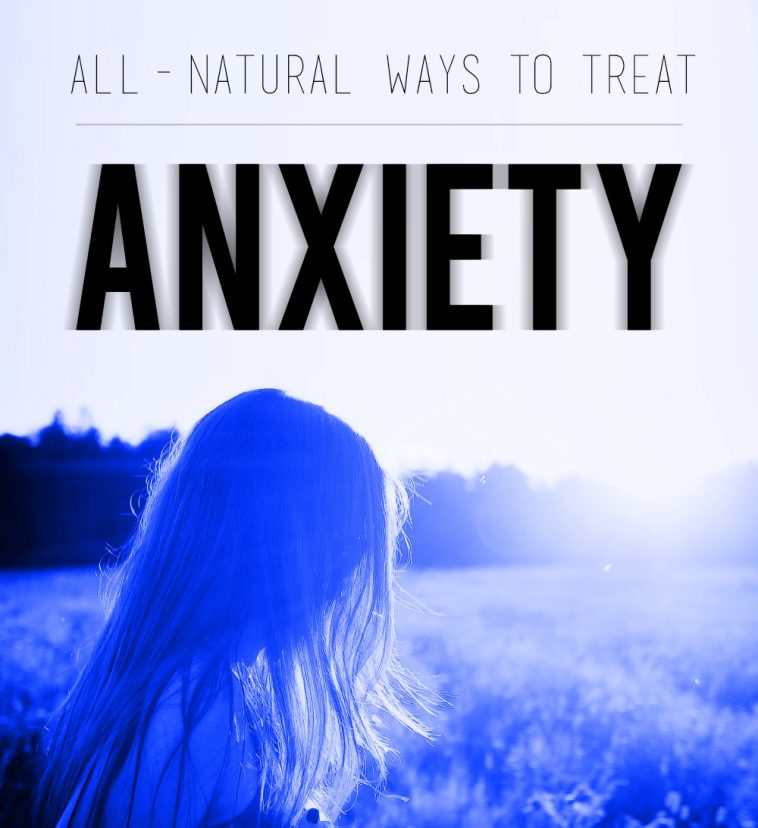
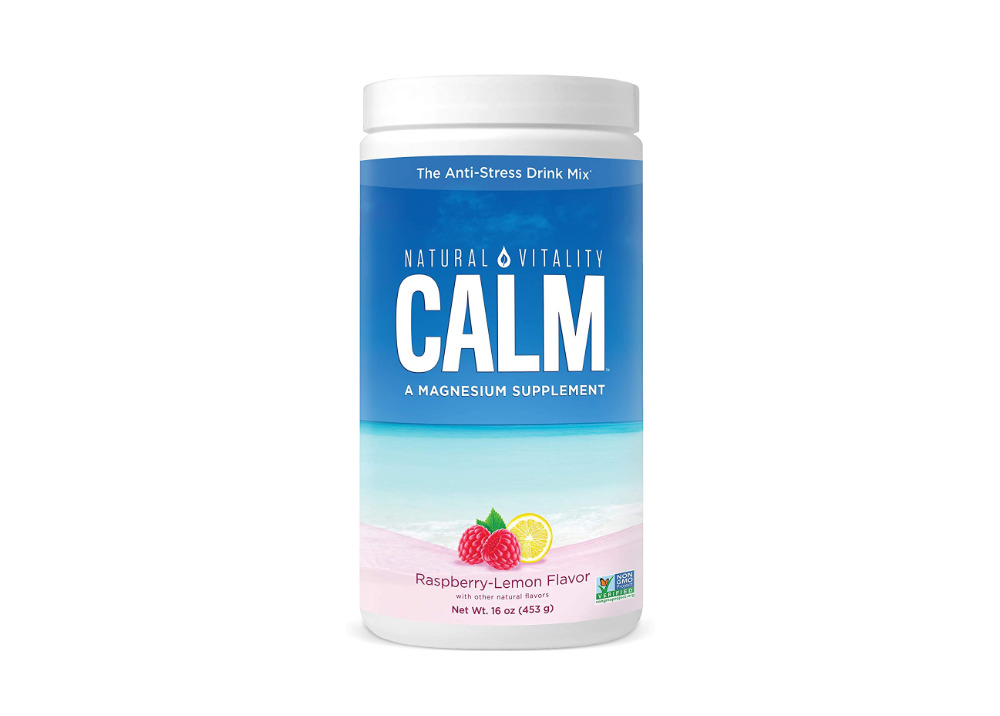
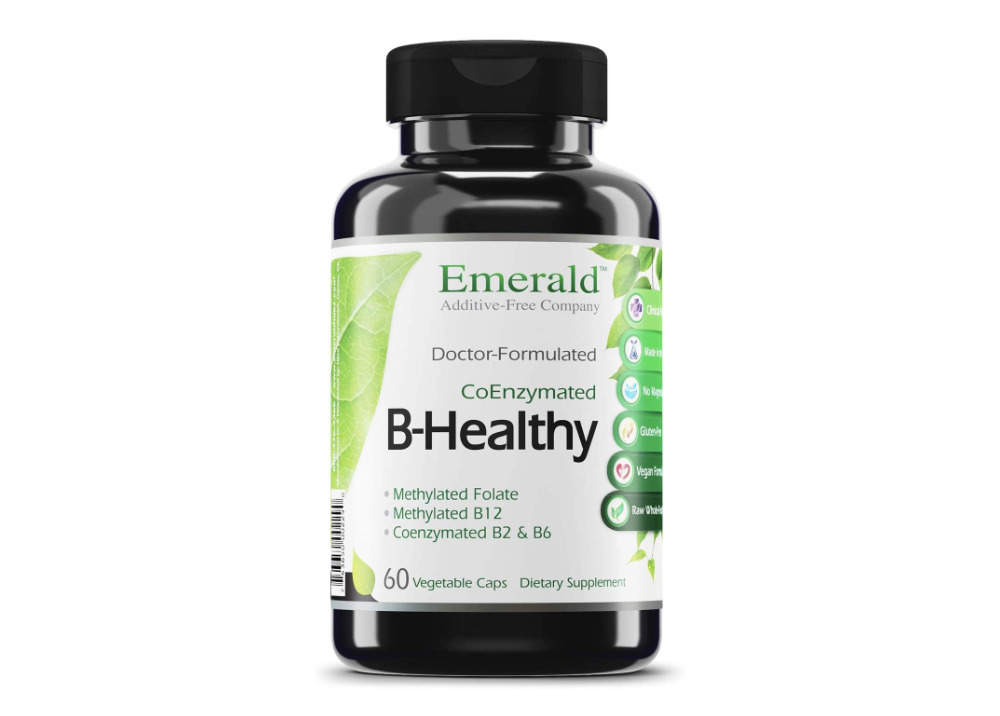
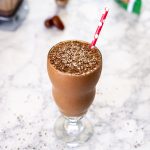




The bigger question is what did you do about the noisy neighbors! 🙂 As I was reading this I thought you need to speak up and let them know the effect they are having!
These are all great suggestions and I actually can attest to the lavender, meditation and exercise!! I think I will try the B complex – Magnesium tends to get my tummy nuts….
Thanks Andrew for all you do!
PS LOVED the video from Dr Gregor!
Ah yes I have talked to them twice and they have been extremely understanding, so it’s getting better by the day 🙂
I’m glad they have worked for you as well! Magnesium can be tough… I haven’t had any issues with it but I try to keep the doses really small because I know it can cause stomach problems if you take too much!
I use a Magnesium spray; it does help. All of your suggestions are good. People don’t have the manners and common sense we used to. I feel old and cranky about that. Obey the construction hour rules, etc. and don’t smoke in your bathroom– shared ventilation– and really, don’t smoke at all! The b vitamins are good, and massaging lavender oil into your temples is far better than aspirin! I love EFT (tapping) as a meditative technique. Exercise is a challenge these days as I avoid going out due to the pandemic. The walking/biking paths are crowded, and people don’t seem to understand the combination of masking AND distancing. The violence in my city has wiped me out emotionally. Simple things like good food are restorative. Moving from winter squash into chili season! LM
Hi Lynne, I’ve heard of magnesium spray and I’ve heard it helps, but I have not tried that myself. I’m surprised that it can cross the skin barrier, but that’s cool, I will look into it. Yes, lavender is also amazing at treating migraines – it smells great, treats anxiety and headaches? Definitely a valuable thing to have around 🙂
I bought Life-Flo brand at a local store. I have not been a big “headache person” but have a sibling who struggles with them. I don’t remember why I was smart enough to bring lavender oil with me when I visited 🙂